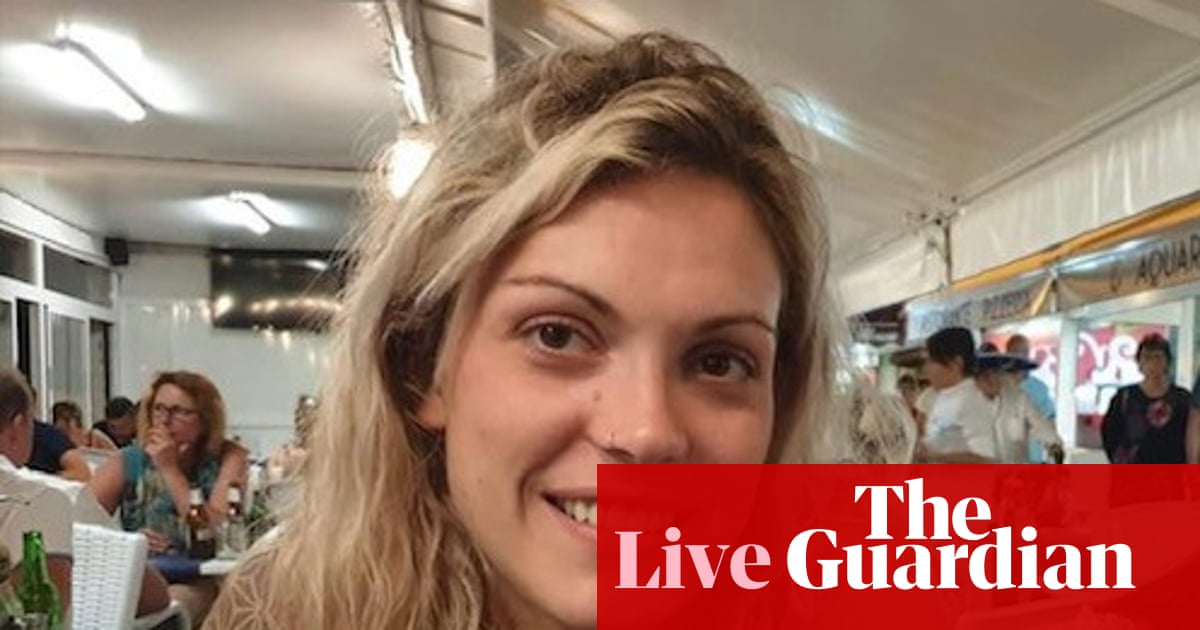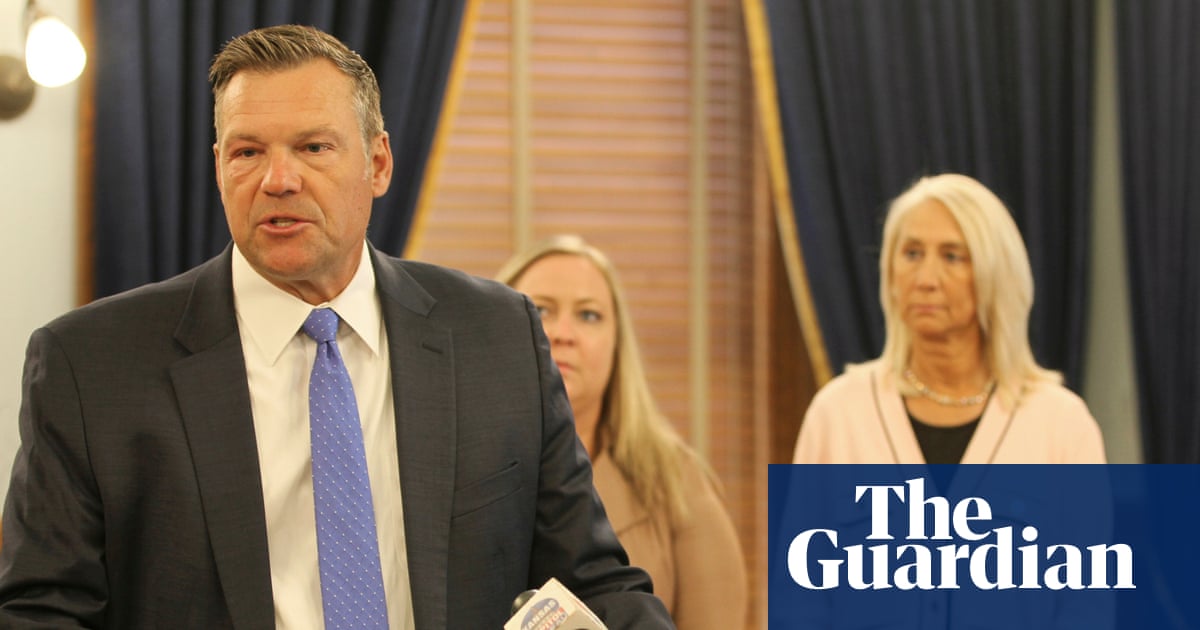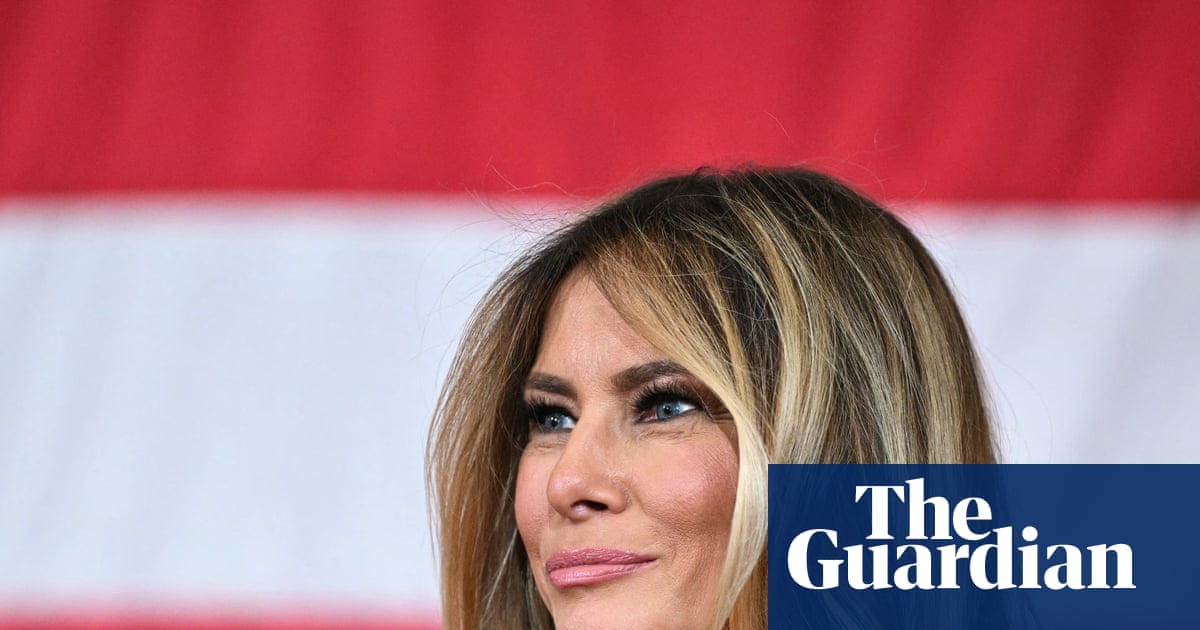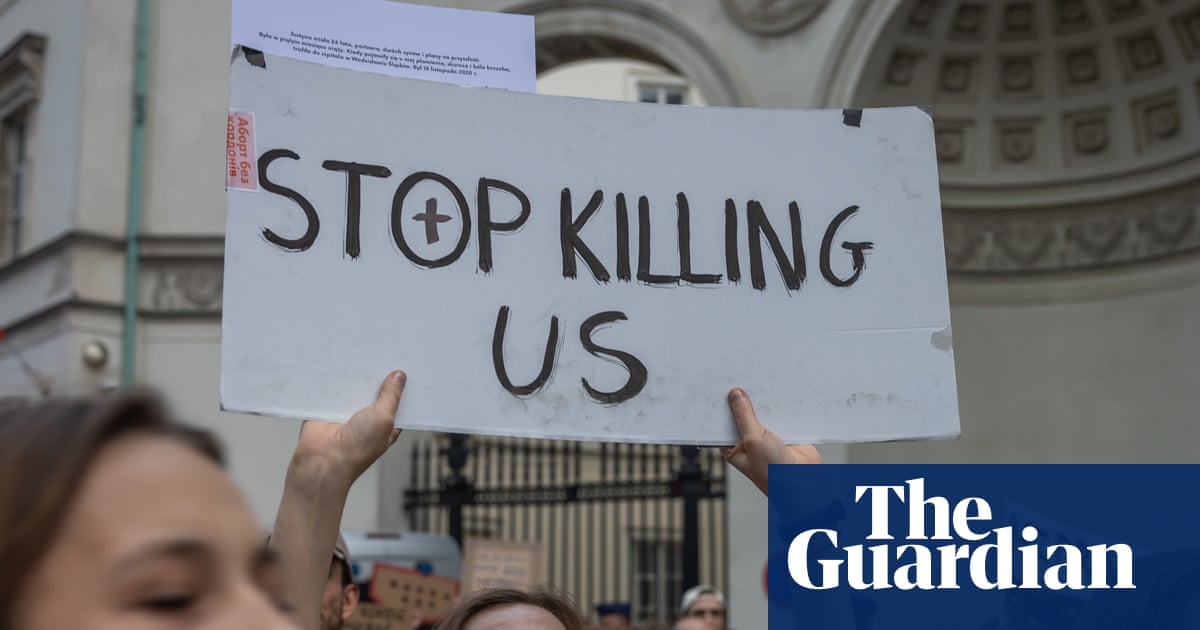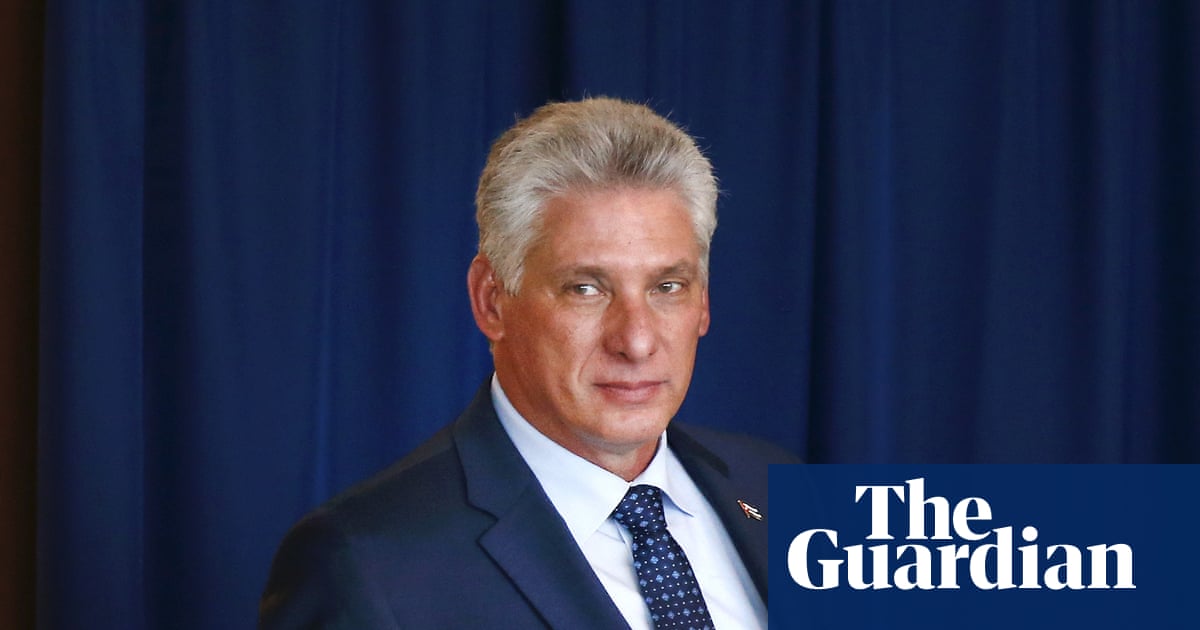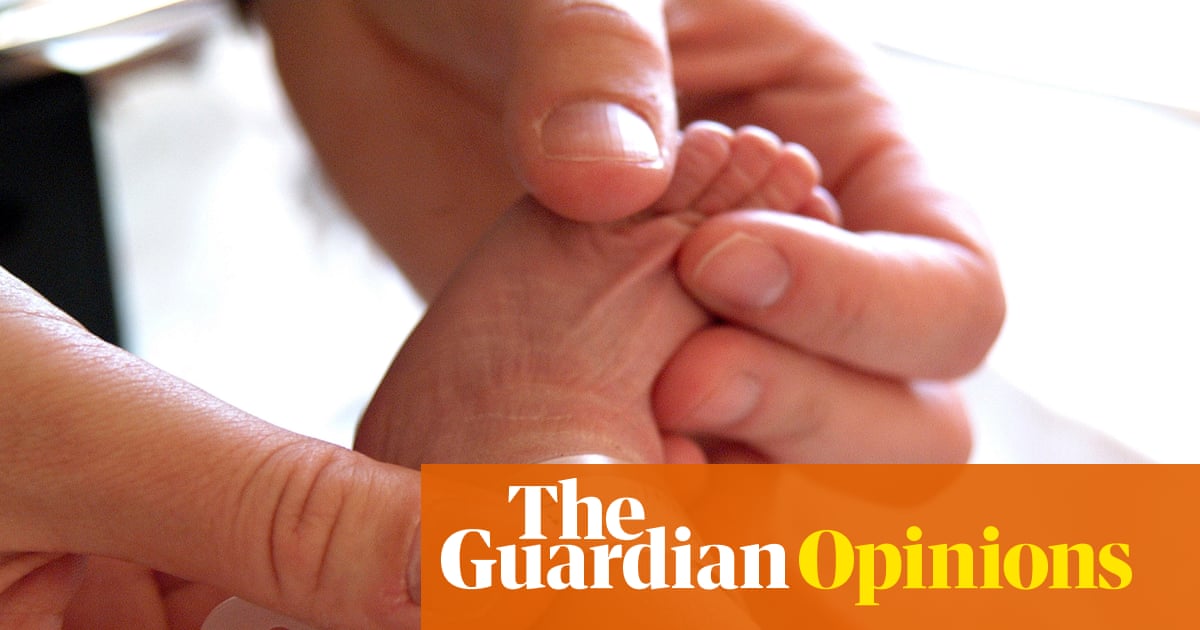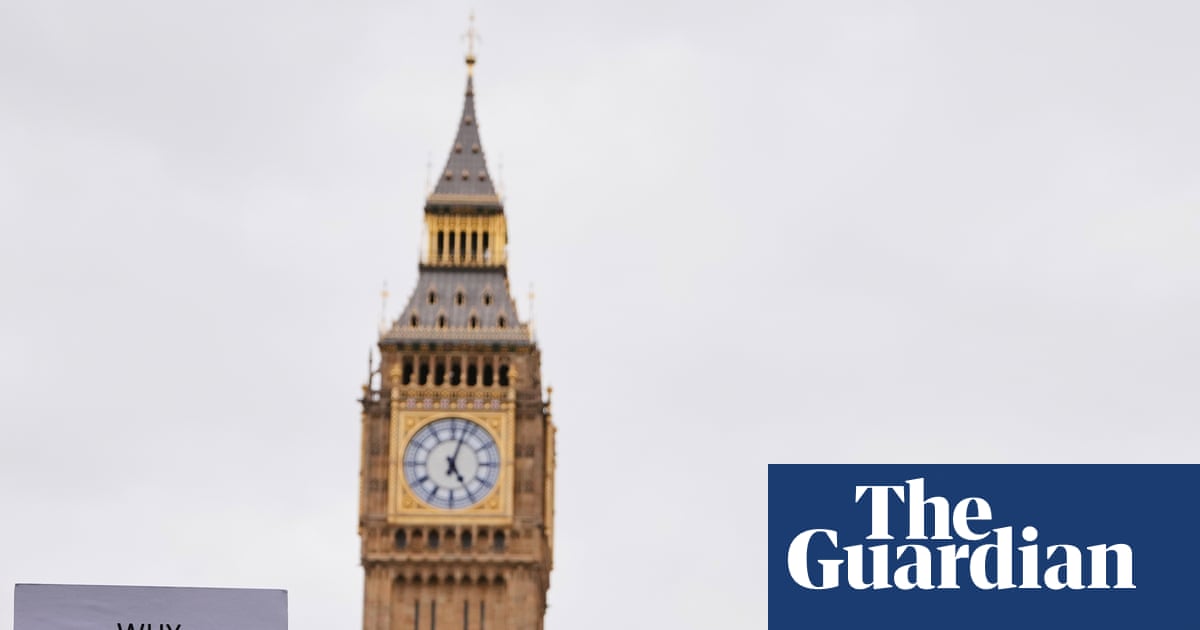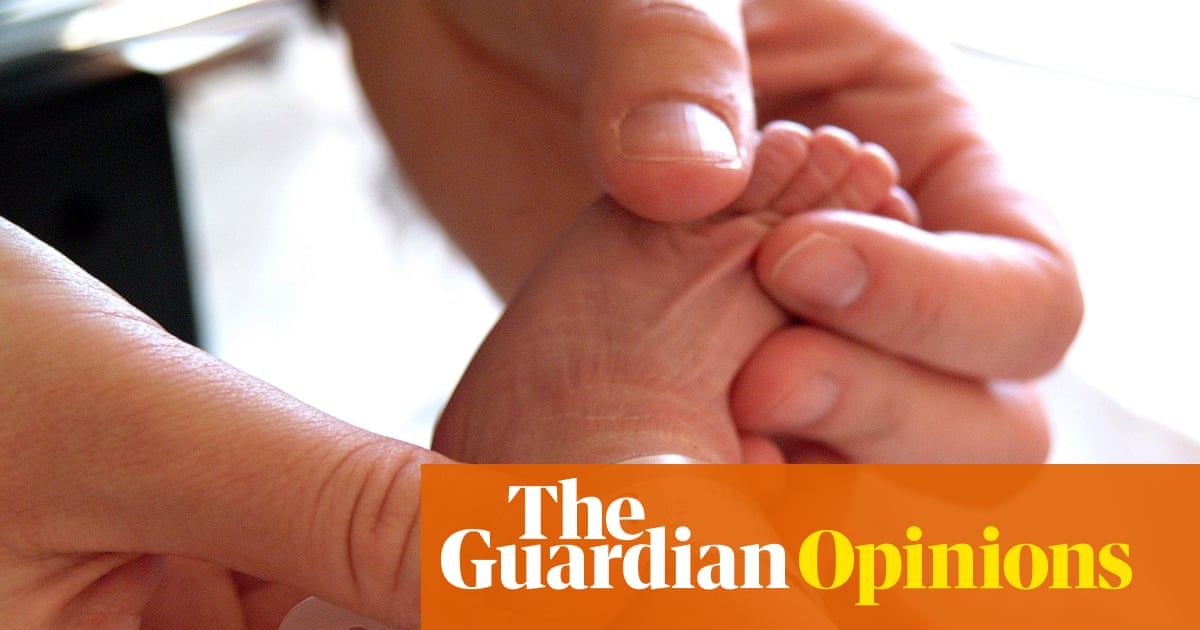The liberal-progressive D66 party was on track to become the largest in the Dutch parliament, according to an exit poll, after a snap general election in which Geert Wilders’ far-right Freedom party was seen losing a third of its seats.
The poll, with a one- to two-seat margin of error, gave the centrist party an estimated 27 MPs in the 150-seat assembly, possibly clearing a path for its 38-year-old leader, Rob Jetten, to become the Netherlands’ youngest and first out gay prime minister.
The result, if confirmed, would mark a historic comeback for the almost 60-year-old party, which won just nine seats in the last 2023 election, and a serious setback for Wilders’ anti-immigraton Freedom party (PVV), forecast to slump from 37 MPs to 25.
Jetten’s resolutely optimistic, high-energy campaign struck a chord with Dutch voters disillusioned by two years of a fractious, ineffectual four-party PVV-led conservative coalition government that spent most of its time infighting and achieved little.
“My message to everyone is that if we run on positive platforms … it’s possible to defeat the populists and to work together with the broad middle and centrist parties to deliver real results,” Jetten said earlier after casting his vote in The Hague.
Under the proportional Dutch system, 0.67% of the vote yields one MP, a bar that was cleared by 15 of the 27 parties contesting the election, which included parties for the over-50s, for youth, for animals, for a universal basic income and for sport.
The centre-left GreenLeft/Labour alliance (GL/PvdA), led by the veteran former European Commission vice-president Frans Timmermans, had a disappointing night, finishing third with 20 seats – five fewer than in the outgoing parliament.
But the centre-right Christian Democrats (CDA), which also campaigned on a return to “decent” and “responsible” politics in the Netherlands after the most extreme government in the country’s recent history, nearly quadrupled their seat tally to 19.
Even if final results put it in first place, Wilders’ short-lived time in power after the PVV surged to a shock victory in 2023 seems over for now: all major mainstream parties have ruled out joining a coalition with the anti-immigration firebrand’s party.
With 76 seats needed to form a governing coalition, one possible scenario could be a broad-based coalition involving D66, CDA, GL/PvdA and the liberal-conservative VVD, the only member of the outgoing government to improve its seat tally with 24.
By contrast, the three remaining members of the caretaker government – the PVV, the populist Farmer-Citizen Movement (BBB) and centrist New Social Contract (NSC) – all lost heavily, with the NSC collapsing entirely from 20 seats to none.
The election was triggered by Wilders pulling the PVV out of the government in June, less than a year after it took office, after its coalition partners refused to endorse his radical anti-refugee plans, widely seen as unworkable or illegal or both.
Nonetheless, the far-right party led in the polls for much of the campaign, which was dominated by migration, healthcare costs and the Netherlands’ acute housing crisis, until the mainstream parties from centre-left to moderate right narrowed the gap.
after newsletter promotion
This high degree of fragmentation in the Dutch parliament means no single party ever wins a majority, and the country has been governed by coalitions – composed, in the country’s three most recent governments, of four parties – for more than a century.
Wilders had said “democracy will be dead” in the Netherlands if his party ended up as the largest party but was shut out of government, however opponents and experts say first place does not guarantee government and any coalition with a majority is democratic.
After the vote, an informateur tests possible coalitions that could command a majority in parliament. Potential partners then negotiate an agreement for the next four years and must undergo a confidence vote in parliament before taking office.
Whatever the future cabinet’s complexion, it will need to act. Despite the campaign’s focus on migration, voters have consistently said the country’s biggest problem is its housing shortage, estimated at about 400,000 homes in a nation of 18 million.
Unless that question – and other pressing issues, including soaring healthcare costs – are properly addressed, analysts have warned that the Netherlands’ likely return to what looks like a more commonsense form of government could prove short-lived.

.png) 3 months ago
95
3 months ago
95

